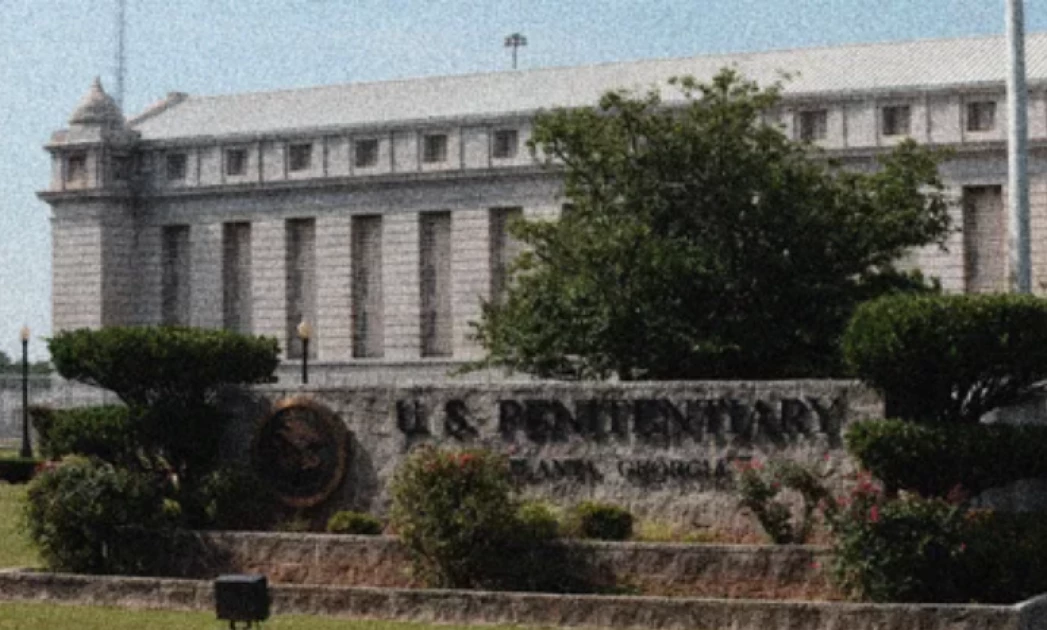Aliko Dangote Urges African Business Leaders to Champion the Continent's Growth through Local Investment and Visionary Projects

Addressing a group of CEOs from six different African nations who had just completed a tour of the Dangote Petroleum Refinery & Petrochemicals complex in Ibeju-Lekki, Lagos, Dangote underlined the urgent need for self-driven development. The refinery, hailed as the world’s largest single-train refining facility, served as a tangible example of African capability and ambition. “Africa is blessed with abundant natural resources and a wealth of talent,” Dangote said. “But for too long, we have relied on external capital while underinvesting in our own future. It’s time we turned that around.”
He criticized the trend of African capital being exported to foreign markets, warning that such outflows weaken local economies and erode investor confidence. “If we, as Africans, don’t trust and invest in our own economies, why should we expect outsiders to?” he asked. “I don’t move my money abroad because I believe in Africa’s potential.”
He pointed to the Dangote Refinery as a symbol of what African ambition and resilience can achieve. He recalled how many doubted the feasibility of the project in its early stages but highlighted how perseverance and bold vision turned skepticism into success. “This refinery was once seen as impossible,” he noted. “Now, we’re aiming even higher—our next goal is to make our fertiliser company the largest in the world within 40 months.”
Dangote urged the gathered executives to adopt a mindset of boldness and determination, acknowledging that obstacles are part of the entrepreneurial journey. “Challenges will come, but overcoming them is what makes the journey worthwhile,” he said. “Thinking small will only hold us back. We must think big and act even bigger.”
He also drew attention to the persistent disconnection among African economies. For instance, he noted that it is often cheaper to import goods from Europe than to move them between African countries. He cited the example of cement clinker transportation from Nigeria to Ghana being more costly than imports from Spain, a situation he described as “unacceptable.”
Dangote stressed the need for stronger regional integration, policy consistency, and infrastructure development to enable more effective intra-African trade. He referenced the dramatic transformations of countries like Dubai and Singapore—both of which were once on par with several African nations in the 1970s—to illustrate what visionary leadership and a committed private sector can accomplish.
“Africa may be politically independent, but many countries remain economically dependent,” he said. “Only Africans can change that narrative.”
Professor Olayinka David-West, Dean of Lagos Business School, led the visiting delegation. She praised Dangote’s leadership and the refinery’s broader impact, describing it as more than just an industrial achievement. “This facility is a powerful symbol of what regional cooperation and economic frameworks like the African Continental Free Trade Area (AfCFTA) can enable,” she said.
Echoing her sentiments, Dr Caesar Mwangi, Executive Dean of Strathmore Business School, called on African business leaders to take bold inspiration from projects like the Dangote Refinery. “This visit proves that transformative development can be driven by Africans, for Africans,” he said.
Patrick Akinwuntan, Academic Director of the Global CEO Africa Programme, reiterated the initiative’s vision of developing leaders who view the continent not as a collection of fragmented states, but as a unified market full of opportunity. The programme includes immersive modules across Kenya, Nigeria, and the United States, equipping participants with a global perspective grounded in African realities.
Dr Rabiu Olowo, CEO of Nigeria’s Financial Reporting Council and one of the programme participants, said the visit reignited a deeper sense of purpose among the attendees. “It reminded us that business in Africa must go beyond profits—we have a duty to uplift our economies,” he said.
The high-profile visit also included notable figures such as Segun Aina, an internationally respected banking leader; Nancy Njau, Managing Director of Family Bank in Nairobi; Emmanuel Wakili, CFO of Ecobank’s operations in Cameroon and the broader CEMAC region; and Ibukun Oyedeji, former President of the CFA Society Nigeria. In closing, Dangote’s message was clear: Africa’s destiny lies in African hands, and bold leadership, strategic investment, and regional collaboration are the keys to unlocking its full potential.
You may also like...
Diddy's Legal Troubles & Racketeering Trial

Music mogul Sean 'Diddy' Combs was acquitted of sex trafficking and racketeering charges but convicted on transportation...
Thomas Partey Faces Rape & Sexual Assault Charges

Former Arsenal midfielder Thomas Partey has been formally charged with multiple counts of rape and sexual assault by UK ...
Nigeria Universities Changes Admission Policies

JAMB has clarified its admission policies, rectifying a student's status, reiterating the necessity of its Central Admis...
Ghana's Economic Reforms & Gold Sector Initiatives

Ghana is undertaking a comprehensive economic overhaul with President John Dramani Mahama's 24-Hour Economy and Accelera...
WAFCON 2024 African Women's Football Tournament

The 2024 Women's Africa Cup of Nations opened with thrilling matches, seeing Nigeria's Super Falcons secure a dominant 3...
Emergence & Dynamics of Nigeria's ADC Coalition

A new opposition coalition, led by the African Democratic Congress (ADC), is emerging to challenge President Bola Ahmed ...
Demise of Olubadan of Ibadanland
Oba Owolabi Olakulehin, the 43rd Olubadan of Ibadanland, has died at 90, concluding a life of distinguished service in t...
Death of Nigerian Goalkeeping Legend Peter Rufai

Nigerian football mourns the death of legendary Super Eagles goalkeeper Peter Rufai, who passed away at 61. Known as 'Do...


